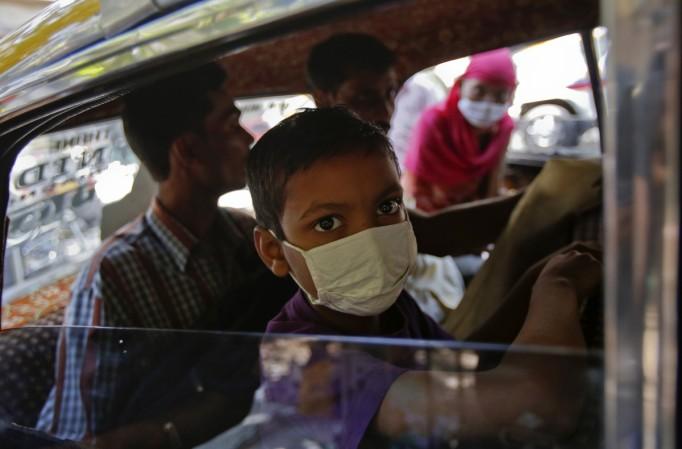
Non-communicable diseases (NCDs), which are cardiovascular diseases (CVDs) such as heart attacks and stroke, diabetes, chronic respiratory diseases (chronic obstructive pulmonary diseases and asthma) and cancer inter alia account for over 60 percent of all mortality in India. Of these, nearly 55 percent are premature mortality.
This imposes a financial and social cost on families and the country. According to the World Economic Forum, India stands to lose $4.58 trillion (Rs 311.94 trillion) between 2012 and 2030 due to non-communicable diseases.
Since these conditions do not exhibit symptoms until complications set in, it is essential to detect them early. Early detection of NCDs not only enables onset of treatment, but prevents high financial costs and suffering.
For some cancers, survival rates are good when they are detected and treated in the early stages. Screening for these conditions, which can be undertaken at the level of the sub centre or primary health centres helps early detection and also serves to raise health awareness among people to lead healthy lifestyles.
Given that primary health care, including prevention and health promotion, can lead to improved health and developmental outcomes at much lower cost, the Narendra Modi government is now expanding access to prevention and primary care services.
As part of the National Health Mission, the Union Ministry of Health and Family Welfare is launching population based prevention, screening and control programme for five common non-communicable diseases -- hypertension, diabetes, and cancers of oral cavity, breast and cervix. On February 4, coinciding with World Cancer Day, Union Health and Family Welfare Minister Jagat Prakash Nadda is expected to launch the programme.
The training of frontline workers -- the Accredited Social Health Activist (ASHA) and Auxiliary Nurse Midwife (ANM) -- will be initiated and in some sub-centres, population-based screening will also start. Detailed protocols for treatment, referrals and follow-up on these disease conditions will be provided.
In the first phase, the population-based screening component will be rolled out in 100 districts in 32 states and UTs with about 1,000 sub-centres undertaking screening before March 31.
ASHAs will also be capturing information on major risk factors so that persons at risk could be counselled on leading healthy lifestyles to prevent onset of NCDs. In subsequent phases, chronic obstructive respiratory diseases will be included and the programme will be scaled up to cover other districts.
Support to states will also be provided for community health promotion and prevention efforts, and referral and treatment.














